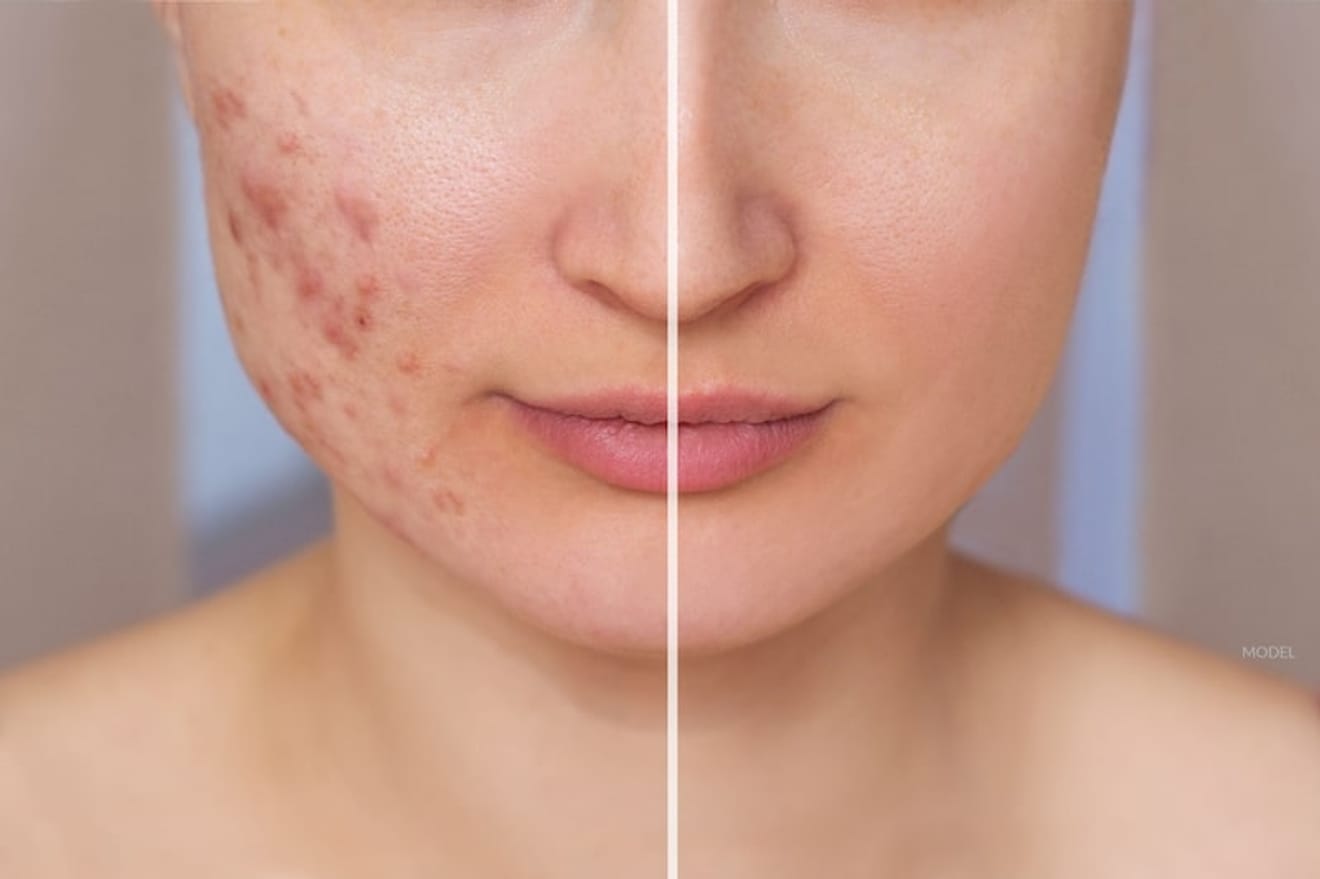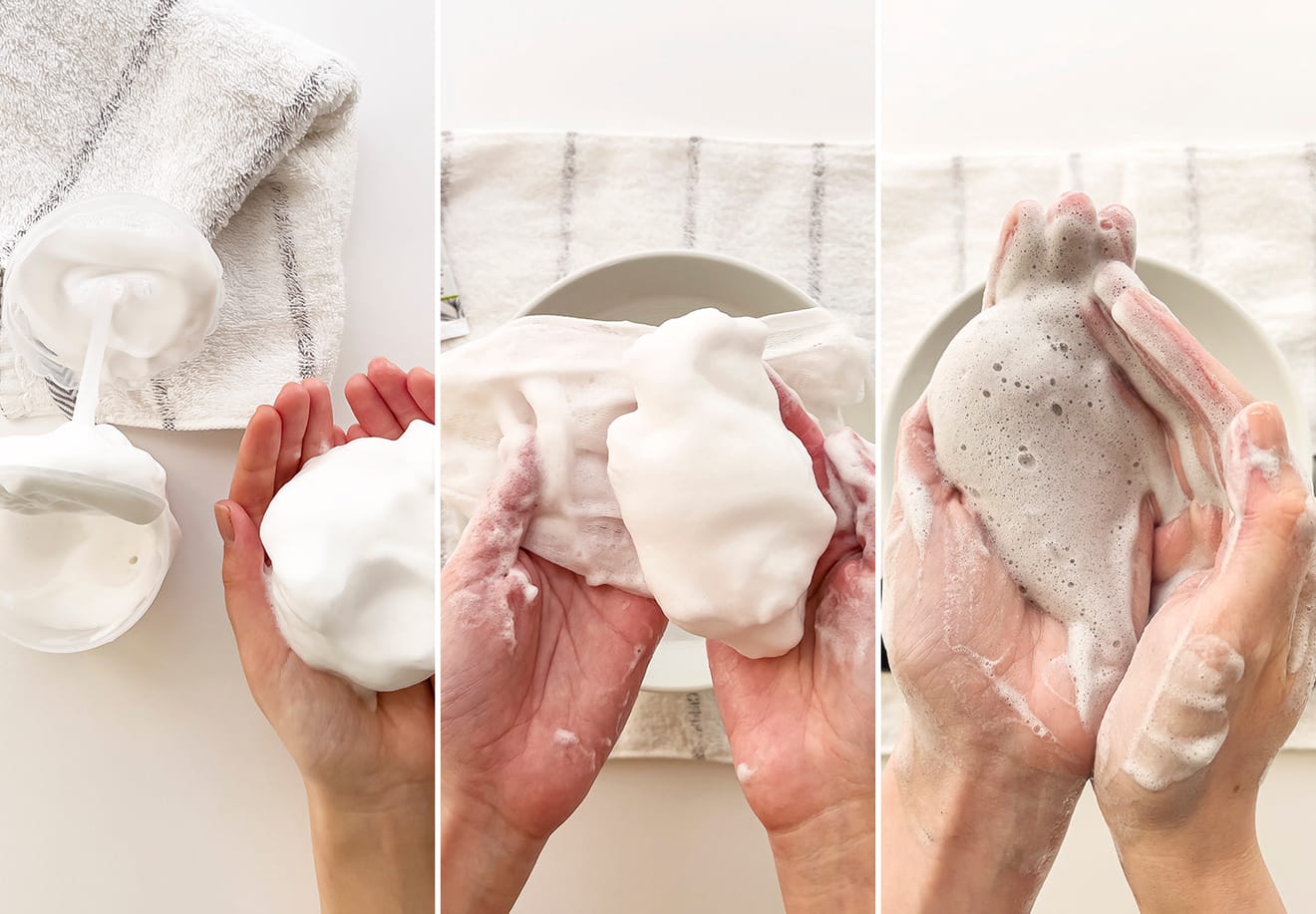Subject
- #Slightly Acidic
- #Foaming Cleanser
- #Slightly Acidic Skin
- #Acne-Prone Skin
- #Skincare
Created: 2024-04-12
Created: 2024-04-12 16:58
Skin pH balance is one of the most important factors in maintaining healthy skin. Ideally, skin pH should be maintained within a slightly acidic range of 4.5 to 5.5. This pH range forms an 'acid mantle,' the skin's natural defense mechanism, protecting it from external irritants and inhibiting the growth of harmful microorganisms. Therefore, many dermatologists and skincare products emphasize a slightly acidic pH, which can be beneficial for all skin types, but it can be particularly important for those with sensitive or problematic skin.

1. Strengthening the skin's protective barrier
A slightly acidic environment optimizes the skin's protective barrier function and promotes the growth of healthy skin cells. The acid mantle, the skin's natural defense system, plays a crucial role in protecting the skin from external contaminants and harmful bacteria. Using highly alkaline products can damage this protective barrier, leading to dry skin, inflammation, and an increased risk of infection.
2. Reduced irritation
Using slightly acidic products closer to the skin's natural pH reduces skin irritation. For example, when cleansers are slightly acidic, they help keep the skin soft and moisturized without causing unnecessary stress. This is especially recommended for those with skin conditions like atopic dermatitis or rosacea.
3. Moisturizing effect
When the skin's pH is properly maintained, the performance of the skin's natural moisturizing factor (NMF) is optimized. NMF helps the skin moisturize itself, and these components can function effectively when the pH is slightly acidic. Therefore, using slightly acidic products reduces moisture loss and improves overall skin health.

Acne-prone skin requires particularly careful management, and considering pH balance when choosing products is crucial. The skin's natural pH is slightly acidic, and maintaining this environment strengthens the skin's defenses and inhibits the growth of harmful bacteria. Therefore, using slightly acidic products can be beneficial for acne-prone skin care.
Acne is caused by a complex interplay of excessive skin oil, dead skin cells, and bacteria that cause infections. Slightly acidic products can help inhibit the activity of these bacteria. Also, slightly acidic products minimize factors that irritate the skin and contribute to healthier skin. If the skin becomes alkaline, the skin barrier weakens and inflammation becomes easier, potentially worsening acne.
However, not all acne-prone skin reacts the same way. While slightly acidic products can be beneficial for most acne-prone skin, reactions can vary depending on individual skin conditions and types. Especially for those with severe acne or sensitive skin, it's best to consult a dermatologist before using a product. Professionals can accurately diagnose skin conditions and recommend suitable products.
When using slightly acidic products, check if the pH level is indicated on the product label, and if possible, opt for products containing natural ingredients to help prevent further skin irritation. By selecting and using appropriate slightly acidic products for acne-prone skin in this way, you can maintain skin health and have a positive impact on acne improvement.
Although slightly acidic products offer many advantages, there are a few things to consider before using them. First, not all skin has the same pH, so there can be slight variations depending on individual skin conditions. For example, excessively dry or oily skin may require slightly different pH levels. Also, some individuals may need products with higher or lower pH levels due to specific skin conditions or diseases. In such cases, it's important to consult a dermatologist to select the most appropriate product for your individual skin condition.
When choosing slightly acidic products, check the product label to see if the pH level is indicated, and if possible, choose based on the dermatologist's recommendations. By doing so, you can achieve optimal skin care tailored to your individual skin condition.
Comments0